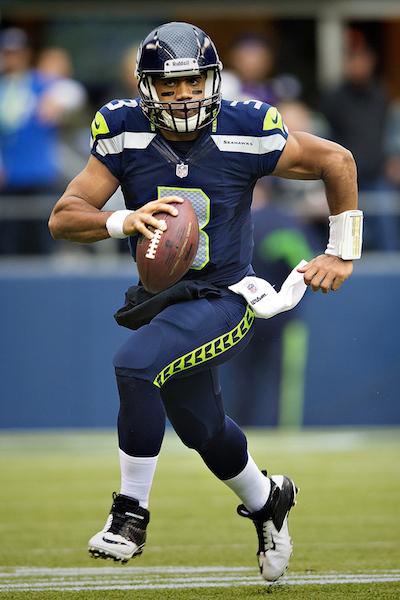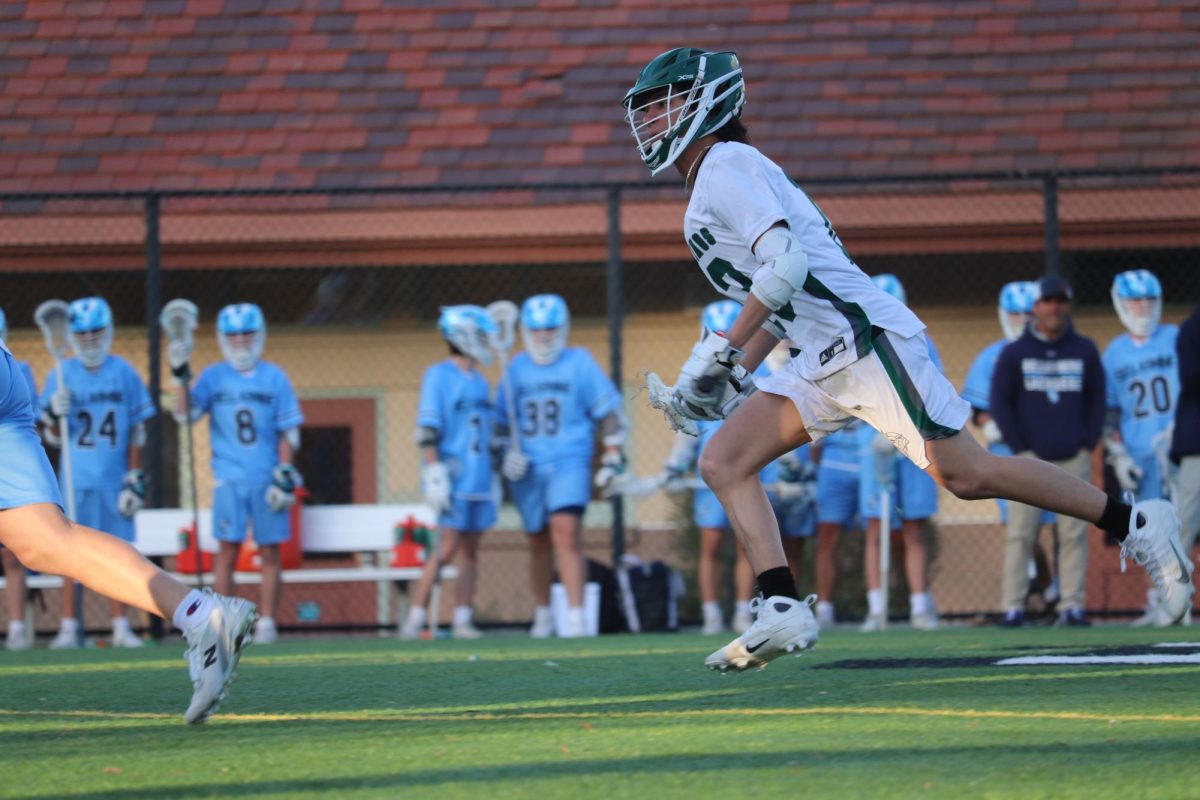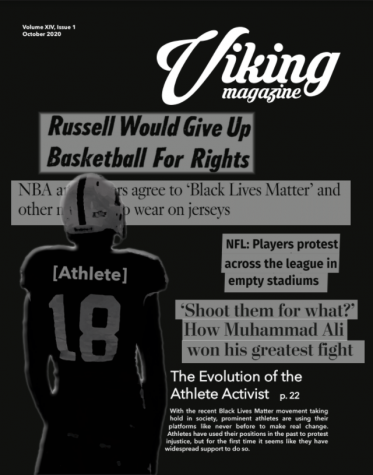The changing game

A game that once revolved around the run and stout defense has changed directions over the last 40 years. Defense is becoming obsolete as NFL teams focus more upon offensive strength.
October 3, 2014
Over the past 40 years, we have seen drastic changes in the style of play in the National Football League (NFL). For decades, hard nose football dominated the NFL. If a player went over the middle to catch a pass, he would pay the price. Teams didn’t use to throw the football 50 times a game, instead their game plan was to run it 40-50 times. However, now the game has more emphasis on throwing the football.
The game initially transformed in 1978 with the introduction of the Mel Blount Rule, a rule named after Pittsburgh Steelers Hall of Fame cornerback, Mel Blount. The rule prevented cornerbacks from making contact five yards past the line of scrimmage. This allowed offenses to be able to even out their playbook and throw the football just as often as they would run it. Of all the rule changes, this is one that I understand; it allows teams to open the game up a little bit, which is beneficial to football. The Mel Blount rule has made football more popular and has brought more flare into the league.
In the 1970s, defensive football dominated the game. Teams like the Steelers and its defense, nicknamed the “Steel Curtain”, held opposing teams in check with their ferocious play. The Steelers allowed 9.8 points per game (ppg) and gave up 237.4 yards per game (ypg). The ‘76 Steelers are, from a statistical standpoint, one of the best defenses of all time. Last year, the Seattle Seahawks led the NFL in defense. The Seahawks allowed 14.4 ppg and 273.6 ypg. Although the Seahawks were just as talented as the Steelers, they didn’t have the opportunity to look as good on paper because of the host of new rule changes that have come since 1978. More games than ever are being decided by penalties and the average score has risen almost nine ppg in the last 30 years. I enjoy the excitement of offensive football and watching teams score a lot of points, but when you watch bad defense, it becomes boring. Defense is a major part of the game, and in this new era of football there is less of an emphasis on this feature of the game. To me, this is disappointing.
The bulk of the rule changes in the last 30 years have been a result of increased information being released about the long-lasting effects of concussions and brain injuries. In 2010, the NFL made a rule to protect “defenseless receivers.” When a receiver goes up in the air for a ball a defensive player cannot lead with their helmet when they are trying to make a hit. Any helmet to helmet contact is automatically a 15-yard penalty and a first down. Do NFL players not know the risks of football? Of course they do. If the referees could make perfect calls, the defenseless receiver rule would be feasible. However, the referees are human and make mistakes. Often times when there is a big hit on a receiver it is a penalty. As a huge fan of defensive football, this really bothers me because the defender can make a perfect play within the rules and gets penalized because the referee made the wrong call. More importantly, the rule changes are affecting the outcome of the games. Games are being decided by illegal contact penalties that were installed in 2014. The penalty is an automatic first down and a five-yard penalty. Even if the defense does its job and stops the offense three plays in a row, the offense can still get a first down if a defender so much as bumps the receiver past five yards from the line of scrimmage.
With all of the rules to protect quarterbacks and receivers, being a defensive player is becoming harder and harder. Only a small window, from shoulder to waist, exists in which a defender can make a tackle. Now add to that that they can’t lead with their helmet and the fact that opposing receivers are some of the fastest players running full speed. It’s easy to see how hard it is to be a defender in today’s offensive, pass-first football. I understand the need to protect players and prevent head injuries, but no matter what the NFL does, football is still a physical game, and no rules they put in place will prevent players from getting injured. So as a commissioner, Goodell has to ask himself, is it worth completely changing the game that a nation has fallen in love with just for the safety of the players? I don’t think so. <<<









